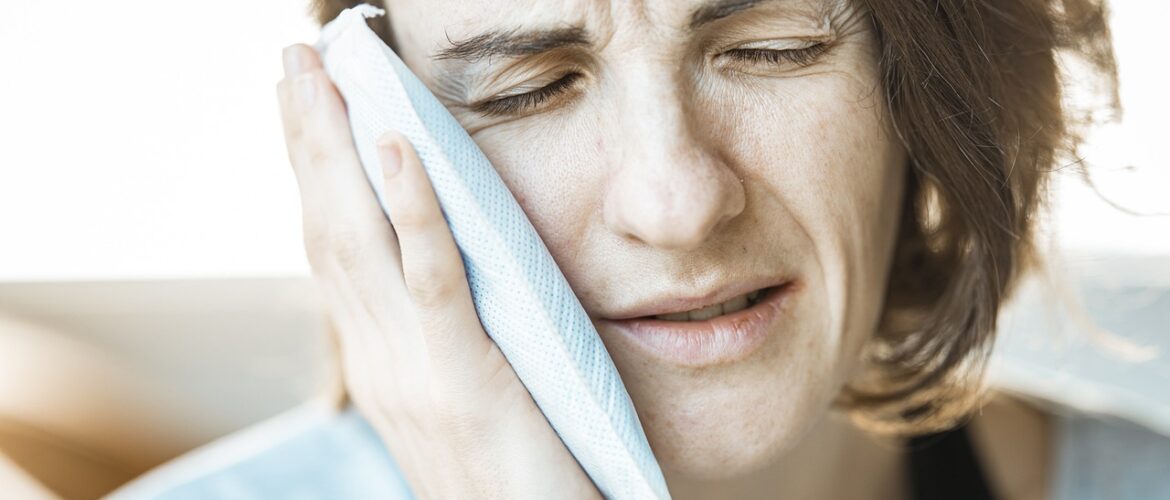Addressing the Impact of COVID on Oral Health in the UK
One impact of COVID on oral health is the creation and exacerbation of oral health inequalities. Many people avoided their normal six-monthly checkups because they were isolating and, of course, there were periods when dentists had no option but to close apart from urgent dental care.
Not surprisingly, the people who were most impacted by these restrictions and concerns were those who are already more likely to have poorer health outcomes such as those who are clinically vulnerable; people unable to afford dental treatment; older people; and BAME communities.
Even when dentists were fully open, services were limited because of enhanced procedures for infection prevention and control, complying with PPE requirements, managing social distancing amongst staff and patients, and increased levels of staff absenteeism due to COVID and/or isolation requirements.
According to The Dentist, 3 in 10 people in the UK still cannot access an NHS dentist either because their dentist has such a backlog or, even worse, the increasing number of people not registered with a dentist and cannot find one to accept their registration.
The situation is so bad in certain areas that there have been reports of people pulling their own teeth out with pliers because they were in so much pain and could not find a dentist. A gruesome option that is certainly not recommended!
Although the impact of COVID on oral care has significantly increased the problems, access to oral health care has been an issue for many years due to a longstanding shortage of NHS dentists in the UK particularly, particularly in the South West, East Anglia, and the North of England.
According to UK dental supplier Kent Express, another reason that people are finding it difficult to get an NHS dentist is the trend of practices moving away from being NHS and into private care. The figure of purely private practices is now 3,320, an increase of 46% more than in 2009/10. This trend is expected to continue for the foreseeable future.
How do we improve dental services in the UK?
Remedying the lack of NHS dentists and the resultant deterioration in dental care is not an easy task. Clearly, it is important to ensure more dentists are trained and that NHS dentistry is attractive enough to retain high-class dentists and dental clinicians. A radical approach may be for the government to offer part-funded scholarships for dental degrees that include a commitment to working in the NHS for a specific number of years. If agreed conditions are not met, the scholarship awarded would be repaid in the same way as student loans are repaid through future income.
But it takes a minimum of five years to qualify as a dentist, therefore shorter-term options to improve oral health care in the UK are urgently required.
One option is to make it easier for highly-skilled dentists from across the Commonwealth to practice dentistry in the UK.
Another is the introduction of teledentistry to alleviate the pressure on existing practices.
What is teledentistry?
Teledentistry has been available for more than a decade and offers extensive benefits to dentists and patients and yet in the UK, despite the challenges of the pandemic, few practices have adopted it is an option to treat their ever-increasing list of clients.
This is in start contrast to GP practices that introduced telemedicine options almost immediately during the first lockdown, enabling them to have consultations with clients online.
For many patient groups that would benefit from these digital options:
- Working people
- Parents and children
- People with anxiety
- People with disabilities
- People living in isolated areas
Teledentistry provides digital dental screening that can provide advice and guidance and detect potential problems early.
Typical concerns that can be addressed with a teledentistry appointment are:
- Bleeding gums
- Chipped tooth
- Teeth becoming more sensitive
- Considering straightening/whitening/improving their smile and want to know the options
- Lost a filling
- Have not had a dentist appointment for a while and would like an oral health check
A study led by a team of periodontists and psychologists at King’s College London including dentistry consultants at Guy’s Hospital has found that teledentistry may be a valid option for first stage triage or follow-up consultations, saving patients attending clinics in person.
Teledentistry technology is evolving rapidly with a range of options now being available including radiology, computed radiography, digital photography, fluoroscopy, and virtual dental technologies.
Of course, one of the biggest advantages of teledentistry is that it is not geographically restricted, so it is possible you may be able to get an appointment earlier than a physical appointment, albeit more practices need to implement this as an option.
It is often challenging to ensure children are brushing their teeth properly, and although finding dental care for children is not normally quite such an issue as it is for adults, maintaining oral health for children is more important than ever in these challenging times to avoid long term issues.
If you have had a problem getting a dental appointment, do let us know. But in the meantime, until the issue is resolved, the priority is to look after our teeth as best we can to keep them in good condition.

